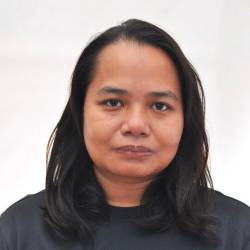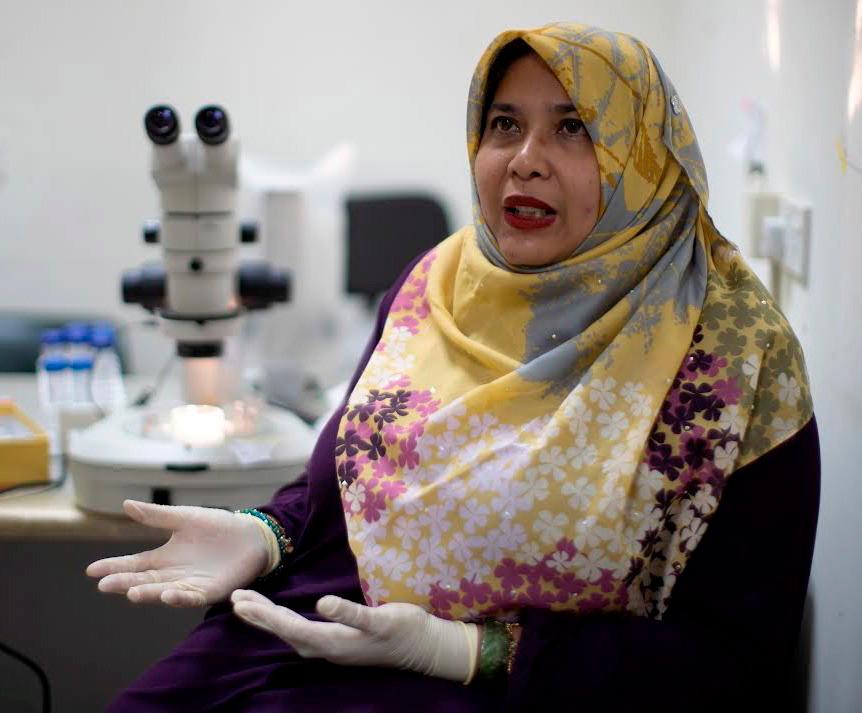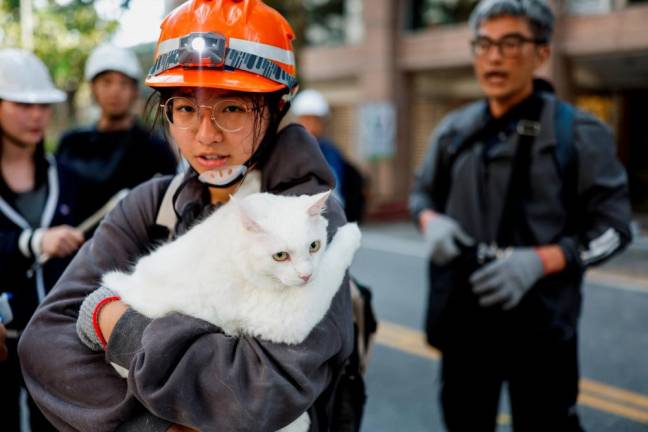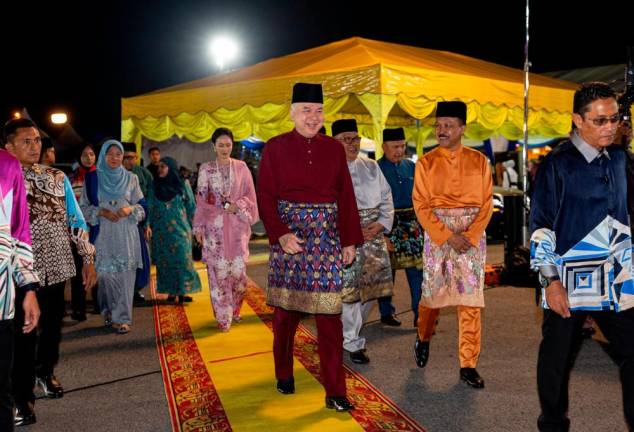THE odds had been stacked against Dr Noraishah Mydin Abdul Aziz (pix) since she was a toddler.
“When most children were already learning to walk, my mother noticed that I could not,” said Noraishah, who suffers from spina bifida.
Rather than letting her physical setback dishearten her, Noraishah, who is a Universiti Malaya Developmental Neurobiology expert, set a course that would lead to academic achievements, particularly in the field of human biology, and also become a major advocate for people who face similar challenges as her.
She remembered how her mother, who is a widow, would patiently help her to walk step by step every weekend with the aid of axillary crutches.
“I was four then. I would fall frequently, but I would pick myself up again. I would raise my legs and even carried weights, and that helped build my upper body strength,” she said.
Eventually, she was going up and down the stairs without help.
Noraishah was also a precocious child. She loved school and was already devouring medical texts in primary school.
Biology was her favourite subject.
“It just explains the way I am. I also realised from an early age that I wanted to make a difference and to achieve that, I had to understand the science,” she said.
It was during one of the reading sessions that she came across an entry in a medical textbook stating that pregnancies were terminated when foetuses were found to have neural tube defects.
It upset her and prompted her to focus on helping those with the condition get an equal chance in life.
Noraishah considers her work important as she could use her personal experience to create awareness in the community.
For instance, a common belief is that a child with a weak spine is confined to a wheelchair forever, she told the Sun.
“This is wrong. A child should learn to walk from an early age, no matter what.
“Once you get used to a wheelchair, it is not easy to learn to walk or teach the body to feel and respond. It takes discipline but it’s possible.”
Noraishah said family and the community must learn to make the right decisions on such matters.
She is now an active proponent of the Malaysia Neural Tube Defects support group and a vocal advocate for those with this condition.
As part of its community service, association members often check in with parents of children with spina bifida to get updates on their condition on WhatsApp chat groups.
It has been a challenge getting to where she is today, Noraishah said.
A major challenge came when she wanted to pursue tertiary education.
“I fulfilled the entry requirements but the university was not convinced that I was cut out for a science course because of my physical disability,” she said.
Rather than give up, she proved that she is anything but disabled by zipping around campus on a motorcycle.
She faced another major challenge in 2018 when she had to undergo surgery for scoliosis.
“I couldn’t even crawl, much less walk. I thought that was it,” she said.
Three months later, she was back on her feet.
Noraishah has long accepted that it is her responsibility to fight for every child.
To keep fit, she practises Qigong.
To stay in shape mentally, she follows a phrase from The Alchemist: “That you always have to be the best version of yourself. Otherwise, you are denying somebody else the opportunity.”











